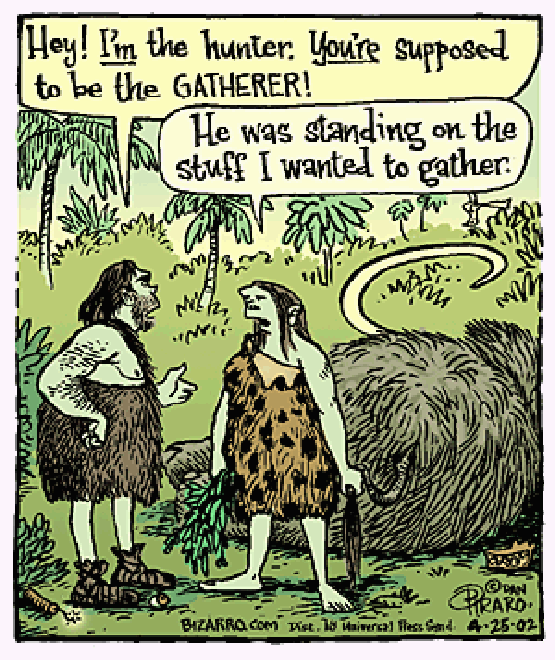I worked really hard on this post and wondered if I would finish it by the US presidential elections of 2012. Luckily for me it is done well before. So here it is: some reflections on the American voter, backed with numbers and fancy sources. This post is not so much on ordeal, rather it functions as a set of ideas that frame the upcoming elections. Feel free to feel inspired and please share any thoughts! :p
Political culture is hard to define, yet it offers an attractive explanation for national differences concerning political behavior such as voting. 'The French are such', 'Americans do not think that way', etc. I am confident you have heard some like those before. There are indeed a lot of differences, but they are in my opinion not given. First of all political culture is dynamic: it can change over time (see the graph below). This is evident from the declining trust in political institutions with Americans. Second, the creation of and changes in political culture are the result of historical development. The trust is influenced by education levels, economic climate and central figures with their vigor or scandal.
Now how unique is the American political culture? Ronald Inglehart, famous amongst political scientists, was a driving force behind thinking about post-materialism: a value pattern focussing on self-realization relative to self-preservation. By adding traditionalism/secularism as a second dimension, Inglehart identified different cultures. He found an Anglo-Saxon value pattern which scores very high on self-realization and moderate on the second dimension. This is expressed in various features of American political culture: the perceived exceptionalism, the belief in popular judgement and the typical conception of freedom. All these elements are rooted in the history of the American state and society: fleeing religious or political persecution, resistance against the English crown, the autonomy of the states, etc.
(It needs to be said that the dominant political culture in the United States is perhaps more of an imposed value pattern rooted in the Anglo-Saxon and Protestant inheritance. Values differ along various lines, of which ethnicity might well be one. In how far the political culture is shared by say Afro-Americans or Latinos is hard to say. Even more difficult is it to draw conclusions as to how 'American' American political culture is.)
| 'American' political culture: a combination of influences or the dominance of white Anglo-Saxon Protestant values? |
The above should enable us to situate the American political culture and place it in its historical context. On to the voter now, as the upcoming election is the essence of this article. United States politics is largely spared from the increasing fragmentation that has Europe in its grip. Even in the UK they need to form coalitions now, despite the majoritarian mode of voting. This does however not mean that voting behavior didn't change in the States. Like everywhere in the West, identification of the voters with a single party has been diminishing. The electorate is increasingly motivated by what is called 'retrospective voting': casting your ballot based on specific issues, the image of parties/leaders and the economic climate.
Studies from the sixties up till now show that only up to a fifth of the American population is motivated by ideological reasons when casting the vote; about 40% defines politics in terms of group interests (classes, ethnicity, etc.) and 25% rewards or punishes the establishment based on the general tendency of the economy and society as a whole. The others are, sadly, apathetic: they don't give a ----. Furthermore, an overwhelming eight out of ten voters show no temporal stability in their ideological preferences. However in times of crisis and change the electorate becomes more ideological in its thought than its leaders, pushing for extremes. If these results don't seem to tell you anything, read this paragraph over once again whilst thinking about Obama's success in 2008. Now repeat that exercise with the possible Republican nominees for this year in mind.
Sources:
Converse, P.E. (1964). The nature of belief systems in mass publics. In D.E. Apter (Ed.), Ideology and discontent (pp. 206-261). New York: Free Press.
Hague, R. & Harrop, M. (2010). Elections and voters. In Comparative government and politics: An introduction (pp. 179-202). Basingstoke: Palgrave.
Hague, R. & Harrop, M. (2010). Political culture. In Comparative government and politics: An introduction (pp. 121-137). Basingstoke: Palgrave.
Inglehart, R. (1997). Modernization and postmodernization: Cultural, economic and social change in 43 countries. Princeton: Princeton University Press.
Inglehart, R. (1999). Postmodernization erodes respect for authority, but increases support for democracy. In P. Norris (Ed.), Critical citizens: Global support for democratic governance (pp. 359-392). Oxford: Oxford University Press.
Putnam, R. (2002). Democracies in flux: The evolution of social capital in contemporary society. Oxford: Oxford University Press.
Sears, D.O. & Funk, C.L. (1990). The role of self-interest in social and political attitudes, Advances in experimental social psychology, 24, pp. 1-91.








